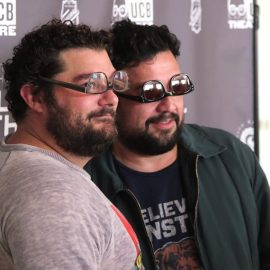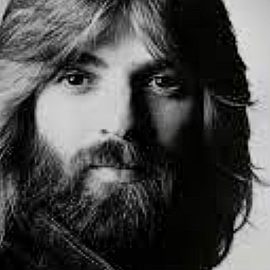
Why is in-person learning better than online learning? What’s Brittany Broski’s take on higher education?
On her podcast, The Broski Report, Brittany Broski broaches topics that reflect her intellectual curiosity and her desire for more authentic conversations beyond the digital space. She defends her argument for in-person learning and higher education, and demonstrates her educational background.
Read more for Broski’s discussion on education from her podcast episode, “Let Me Talk to Aliens.”
The Merits of Higher Education and Face-to-Face Interaction
Why is in-person learning better than online learning, according to Brittany Broski? On her podcast, she ponders the depth and quality of online discourse versus the rich, complex discussions that often occur in academic settings and face-to-face interactions, advocating for the latter. Broski acknowledges criticism for advocating higher education mainly due to its expense and the recent pandemic’s impact on college attendance.
However, she emphasizes the value of a college education for processing lived experiences and understanding historical trends. Broski credits her college experience not just with personal development, but also with forming significant and life-improving friendships.
While she continues to champion the merits of higher education, she also recognizes its shortcomings in terms of accessibility.
Conversations About Education
Online discourse and the value of face-to-face interaction are at the forefront of intellectual conversations in today’s digital age. As technology continues to shape our interactions, it’s crucial to understand the depth and quality of online discourse compared to academic discussions. Online discourse refers to the exchange of ideas and discussions that take place on digital platforms such as social media, forums, or online communities. While these platforms offer accessibility and a wide range of perspectives, they often lack the nuance and depth found in face-to-face interactions. Academic settings, such as colleges and universities, provide an environment for higher education where students engage in direct personal interactions with their peers and professors. These face-to-face interactions allow for deeper conversations that foster critical thinking and intellectual growth.
Cosmic Understanding Through Literature
To illustrate her credibility on the subject of higher education, Broski touches on horror themes in classic novels. Broski navigates through cosmic horror and significance, touching on the existential dread evoked by literary characters such as Renfield from Dracula. She probes whether individuals perceived as “losing touch with reality” might actually be tapping into a more profound understanding of existence.
She empathizes with Renfield’s misunderstood quest for immortality through the consumption of insects. Further, Broski encourages audiences to explore the original text by Bram Stoker or its 1992 film adaptation, noting their depth in portraying Dracula’s story.
Shortform Note: Literature has long explored cosmic horror and existential dread—themes that highlight humanity’s insignificance in the face of incomprehensible cosmic forces or entities. Bram Stoker’s novel “Dracula” introduced readers to Renfield—a character known for his obsession with consuming insects—and delved into themes of powerlessness against supernatural beings. Stoker’s work has had a significant influence on vampire literature and popular culture since its publication in 1897. The 1992 film adaptation directed by Francis Ford Coppola further explored themes such as love, desire, and immortality, while also capturing existential dread through its portrayal of Count Dracula.






